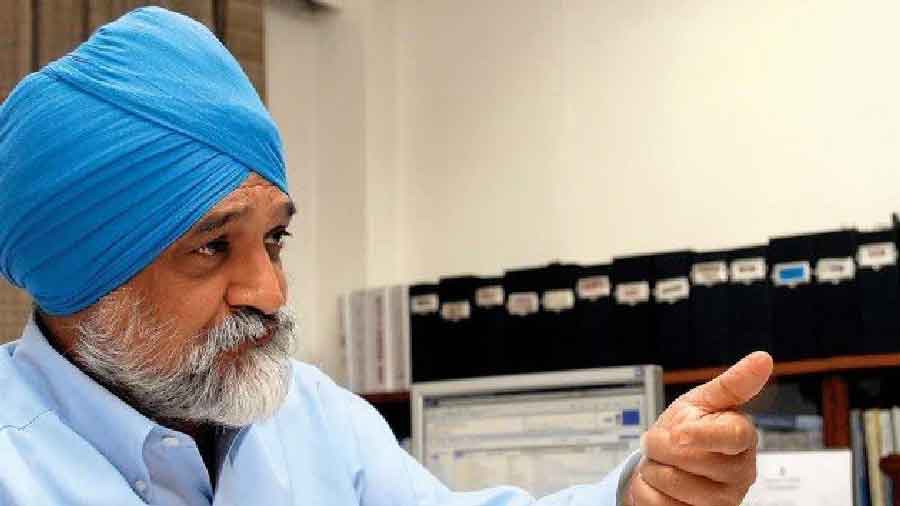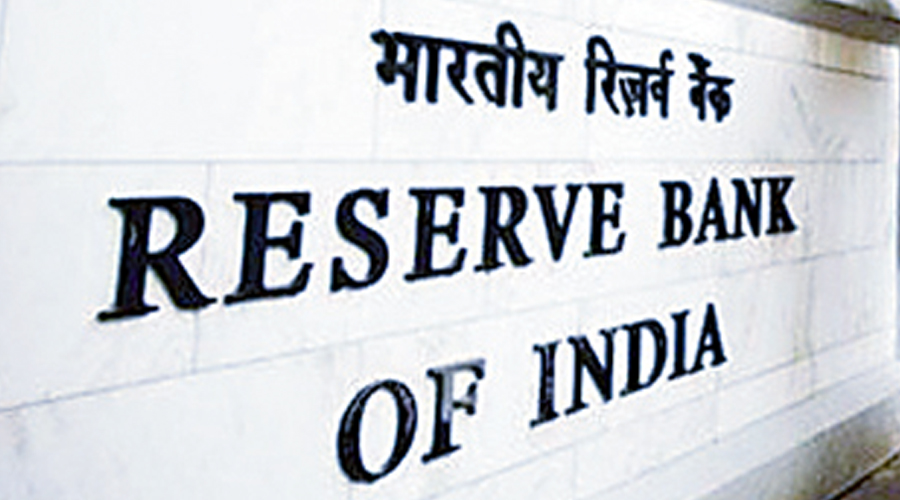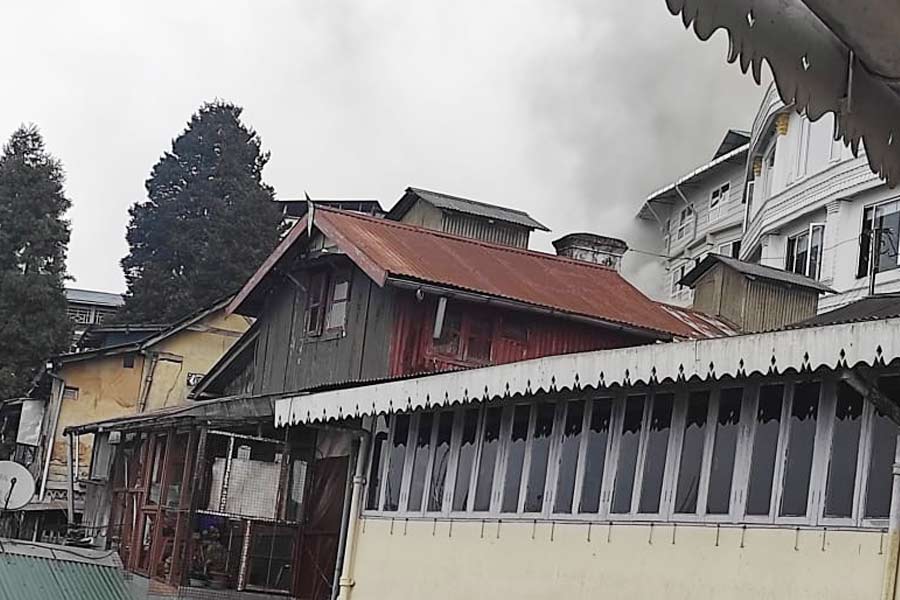Former deputy chairman of the erstwhile Planning Commission Montek Singh Ahluwalia on Wednesday said it would be unrealistic to assume that India would record a sustained growth of 8 per cent, which is needed to become a 'developed nation' by 2047.
Participating in a panel discussion organised by the Centre for Social and Economic Progress (CSEP), he said India's annual per capita income is around USD 2,000 and it is unlikely that it would increase to USD 12,000 by 2047 to become a high-income country as per the World Bank's definition.
According to Ahluwalia, those who think India's growth projections in the near future are 7 - 7.5 per cent should recognise that the country cannot maintain that pace for such a long time.
"So 6 per cent average economic growth rate (for India) is not unreasonable," he added.
Referring to Prime Minister Narendra Modi's ambitious target of making India a developed nation by 2047, Ahluwalia said it depends on what Modi meant by 'developed country' as there is no uniform definition of it."If you go by the World Bank's definition of high income country, that is over USD 12,000 annual per capita income and starting at about USD 2,000 annual per capita income, even on a strong assumption, we won't cross that USD 12,000 annual per capita income," he said.
While in the strong policy scenario, India's annual per capita income will be about USD 9,600 by 2047, Ahluwalia said in the central scenario, the country would get to USD 7,500. Noting that those are significant improvements from the present level, he said, "But I think we need to be a little realistic on what exactly can be achieved in this period, given the growth rates that are possible.
"India, which is the world's sixth largest economy with a GDP of USD 2.7 trillion, is currently classified as a developing nation.
"Now of course it is quite possible that somebody projects that India can grow at 8 per cent, then maybe the target would become feasible," he said, but added that he is not sure about these projections.
A developed country is typically characterised by a relatively high level of economic growth, a general standard of living, higher per capita income as well as good performance on the Human Development Index (HDI) that includes education, literacy and health.
India was classified as a 'third-world' country at the time of Independence from British rule in 1947. But over the past seven decades, its GDP has grown from just Rs 2.7 lakh crore to Rs 150 lakh crore.
Ahluwalia also said climate change could be the biggest threat to growth and prosperity, especially for countries in the tropics and India could be one of the worst affected.The single most important thing India has to do is to de-carbonise the generation of power, he added.












